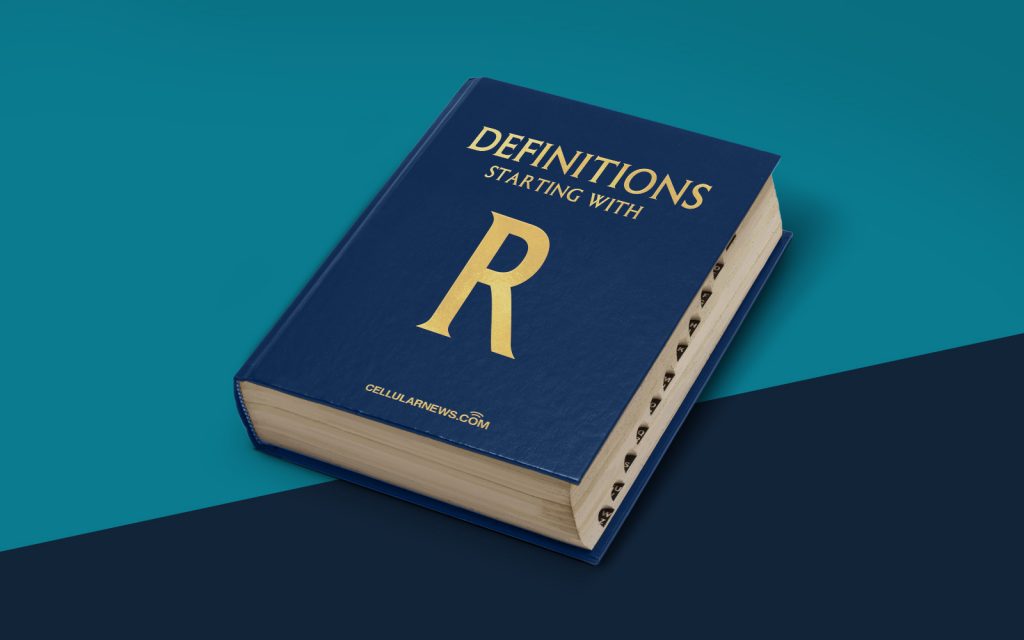
What is Relational Calculus? A Comprehensive Definition
Welcome to the “Definitions” category of our blog, where we unravel complex concepts and provide clear explanations. In this edition, we will delve into the world of Relational Calculus. If you’re wondering what Relational Calculus is, how it relates to databases, and why it’s important, you’ve come to the right place. So, let’s dive in!
Key Takeaways:
- Relational Calculus is a formal language used to specify and query relational databases in a mathematical manner.
- It is a non-procedural query language, meaning it describes what data is needed, not how to retrieve it.
Relational Calculus is a formal and mathematical approach to analyzing and manipulating data stored in relational databases. It provides a set of rules and techniques to describe and retrieve information from these databases. Unlike other query languages like SQL, which are procedural in nature, Relational Calculus is non-procedural. This means that it focuses on the outcomes and desired results rather than the step-by-step process of achieving those results.
So, what sets Relational Calculus apart from other query languages? Here are a couple of key features:
1. Declarative Language
Relational Calculus is a declarative language, which means it expresses what information is needed rather than how to obtain it. Instead of instructing the database to perform specific operations, you describe the desired outcome in a logical and mathematical way. This approach allows for greater flexibility and makes it easier to express complex queries.
2. Predicate-based Operations
In Relational Calculus, queries are based on logical predicates. These predicates define conditions that must be met for a tuple or set of tuples to be included in the query result. By specifying these conditions, you can filter and retrieve only the relevant data from the database, saving time and resources.
The power of Relational Calculus lies in its ability to reason about complex relationships and conditions within a database. By using mathematical methods to describe and query data, it offers a robust and precise way to analyze databases.
Why is Relational Calculus Important?
Relational Calculus plays a vital role in the field of database management and data analysis. Here’s why it’s important:
a. Data Integrity and Consistency
By using Relational Calculus, developers and database administrators can carefully specify the conditions that data must meet to be included in queries. This enables them to ensure data integrity and enforce consistency constraints, preventing erroneous or inconsistent data from being retrieved or stored.
b. Data Analysis and Decision Making
Relational Calculus provides a powerful tool for analyzing data and making informed decisions. It allows users to express complex queries and retrieve specific subsets of data that fulfill certain conditions. This capability is particularly valuable in business scenarios where data-driven decisions are crucial.
In conclusion, Relational Calculus is a formal language that provides a logical and mathematical approach to querying relational databases. Its non-procedural nature, declarative language style, and focus on using predicates make it a powerful tool for data analysis and management. By understanding the ins and outs of Relational Calculus, you can unlock the potential of relational databases and make more informed decisions based on solid data.
